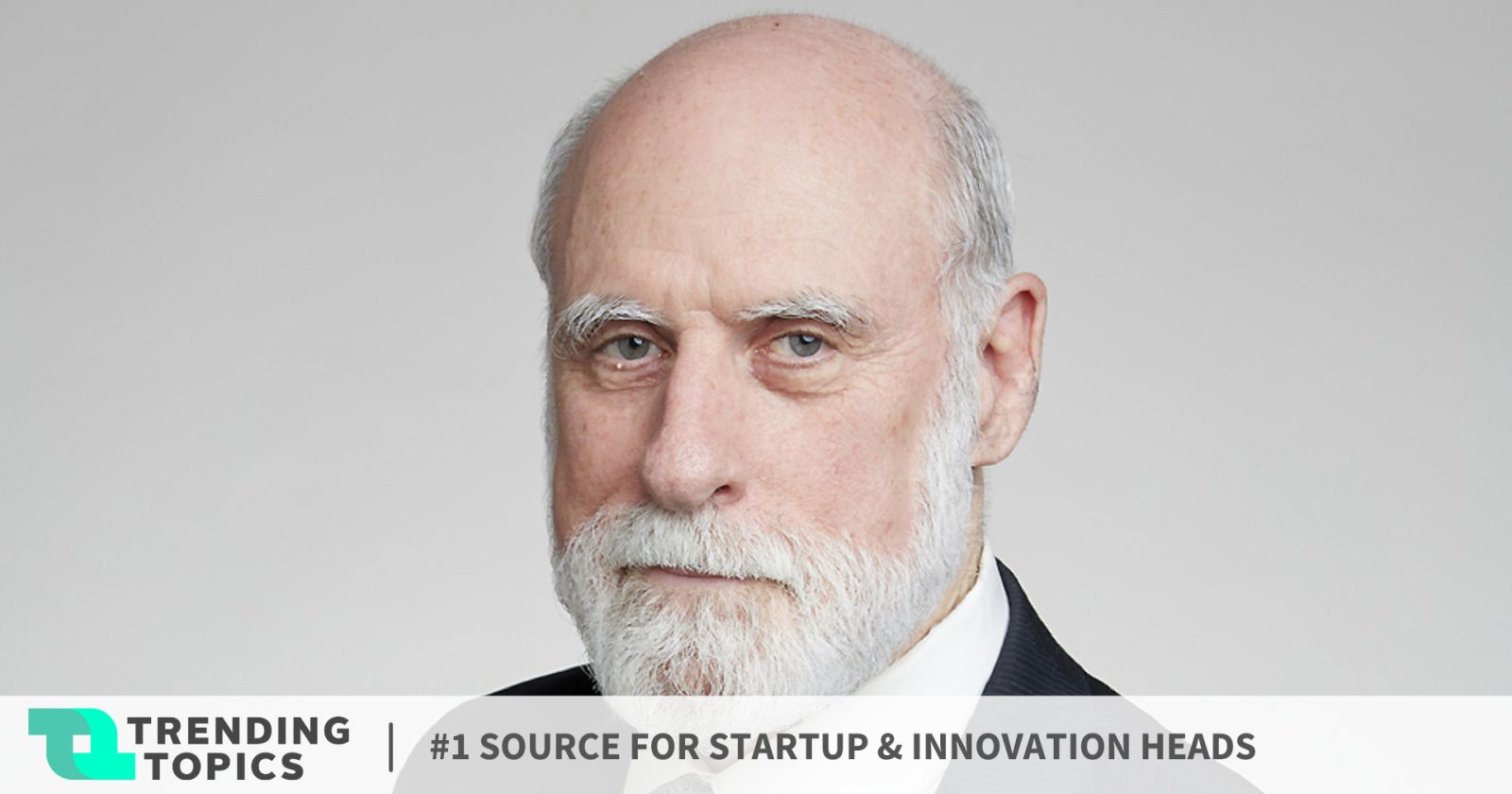“Today’s Internet can be compared to the oceans of the world. Although it touches all land masses, the coasts are different everywhere. Likewise, the use and regulation of the Internet is different in each country. The problem with this is that if the ocean gets polluted, it affects all countries, no matter where the pollution occurs. It’s the same with the Internet, problems such as hate, misinformation and dangerous content have a negative global impact. That’s why all countries in the world have to develop guidelines to fight this ‘pollution’.” Vinton Cerf, chairman of the Internet Governance Forum (IGF) and “father of the internet”, explained this at a press conference in the Federal Chancellery on Tuesday.
Digital Identity: Expert Panel on Identity Solutions on the Internet (Video)
Vinton Cerf’s opinion carries a lot of weight
The US computer scientist Vinton Cerf has more than earned the title of one of the “Fathers of the Internet”. In the past, the expert was instrumental in the development of many technologies for the US government that were essential to the development of today’s Internet technology. He is also a co-founder of the non-profit organization ICANN, which coordinates the assignment of unique names and addresses on the Internet. And that’s just a fraction of what Cerf has done for the modern digital world. Cerf is therefore a real veteran whose opinion still carries a lot of weight today.
Now the IGF under Cerf has an important task. It is a United Nations-based global multi-stakeholder forum for political dialogue on internet governance issues. The IGF Leadership Panel meets at least three times a year. Its ten members, including Federal Minister Karoline Edtstadler, are appointed for two years by the Secretary General of the United Nations. The current mission of the IGF is particularly focused on advising the United Nations on the Global Digital Compact. This decision could be decisive for the global ethical internet guidelines of the future.
Internet offensive Austria: Four billion euros needed for digitization
UN Commitment to a Free and Safe Internet
The Global Digital Compact is supposed to be a commitment by the United Nations to an open, free and secure Internet. It is to be decided in September 2024. The guidelines it proposes are intended to address the various challenges of the modern Internet. This includes misinformation, anti-democratic tendencies, hate speech and hate speech. According to Federal Minister Karoline Edtstadler, human rights should always be the priority here.
“The internet has become an integral part of our world today. But this is not a legal vacuum. We need to find international rules on how to protect personal rights, how to prosecute, and how to fight disinformation. The yardstick will always be human rights. But we also have to define what these look like in the digital space,” said Edtstadler on Tuesday.
Trusted Accounts: This is how the Vorarlbergers want to stop hate online
“People must be the focus”
But the IGF is not only concerned with fighting the negative aspects of the Internet. The positive elements should also be strengthened. Vinton Cerf sees it as imperative to make the internet more sustainable, affordable and accessible. “We are all addicted to smartphones today. But only when these no longer work do we see how strong this dependency really is. That’s why we have to make the technology more reliable than it is today. This is the only way to prevent inequalities between people in the future,” said the father of the internet.
Florian Tursky, State Secretary for Digitization, takes a similar view. “People must always be at the center of innovations. In the future, the United Nations must ensure that there are no longer any ‘digital gaps’, ie gaps between population groups in terms of access to the Internet. These gulfs exist today between young and old, rich and poor, the global South and the global North,” Tursky said on Tuesday.
Ukraine: War is also fiercely fought in cyberspace
“Even imperfect solution is positive”
The Global Digital Compact is seen as an important step in the right direction. It should be noted here that this commitment does not necessarily mean a legal obligation for the UN member states. In fact, Cerf is certain that implementation in different states will be very different.
“But in my opinion, even an imperfect implementation is already a positive development. These are ethical guidelines that will definitely have an impact on states, and the more the better. Because as I said, the Internet is like the ocean, in the end everyone is affected by it. A solution to the associated challenges can therefore only work internationally,” says Cerf.
